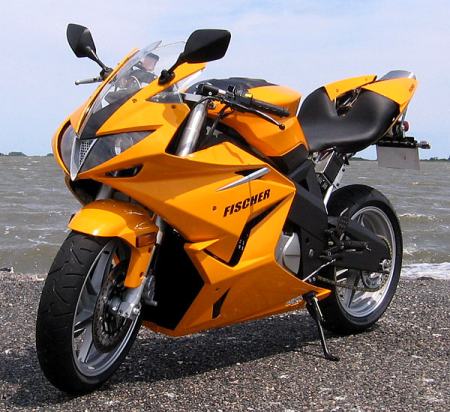In fact, Apache’s engine is harsh and it is evident at pretty lower RPMs of 4000 and above and this is one thing we would like TVS to work on with attention as While Apache has a more meaty and rugged feel, FZ seems to be a cool and calm customer which does its job with near perfection. If we compare the bikes head-on, then we will understand the fact that both the bikes have pretty different characteristics. The engine rests on a diamond frame which is pretty well engineered and gives the bike more agility and confidence on high speeds.
The same Mikuni BS26 does the carburetion duties on the bike. Talking about the Yamaha FZ , an air cooled 153 cc 2 valve engine drives the bike which produces a peak power output of 14 PS (13.8 Bhp) which comes at an early 7500 RPM and a maximum torque of a mammoth 14 Nm which is well spread throughout the rev band and peaks at 6000 RPM. The whole assembly is mounted on a double cradle frame which is rigid and sturdy. The bike breathes through the Mikuni BS26 carburetor.
The same Mikuni BS26 does the carburetion duties on the bike. Talking about the Yamaha FZ , an air cooled 153 cc 2 valve engine drives the bike which produces a peak power output of 14 PS (13.8 Bhp) which comes at an early 7500 RPM and a maximum torque of a mammoth 14 Nm which is well spread throughout the rev band and peaks at 6000 RPM. The whole assembly is mounted on a double cradle frame which is rigid and sturdy. The bike breathes through the Mikuni BS26 carburetor.
This enhances the chances of backpain and fatigue on long tours but once you become used to it, you would become addicted to it! The seating posture of the bike is front biased and more inclined towards fast moving or racing. TVS has deployed the spring aided Gas Charged shock absorbers (which they call as MIG, Monotube Inverted Gas Filled Shox) at the rear which have a stroke of 105mm. Apache comes loaded with optimized telescopic shock ups upfront which do not feel spongy as Unicorn’s and not as hard as the Enfields.








